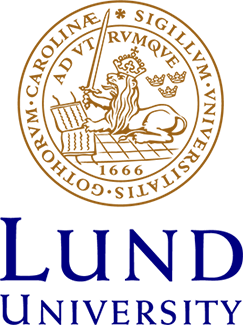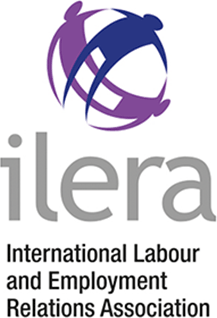Keynote Speakers at the Opening Ceremony
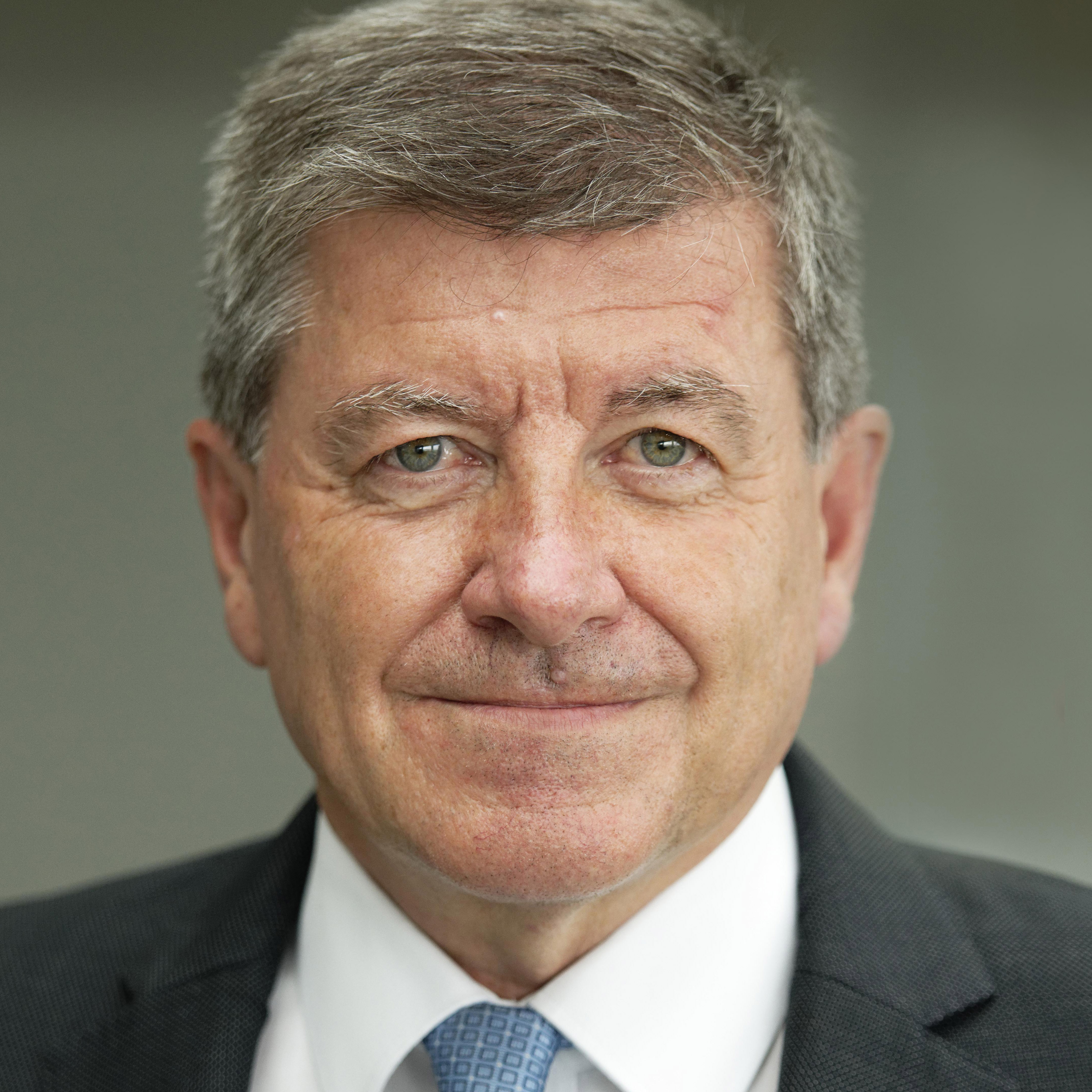
Guy Ryder
Director-General, International Labour Organization (ILO)
Photo: M. Marcel Crozet
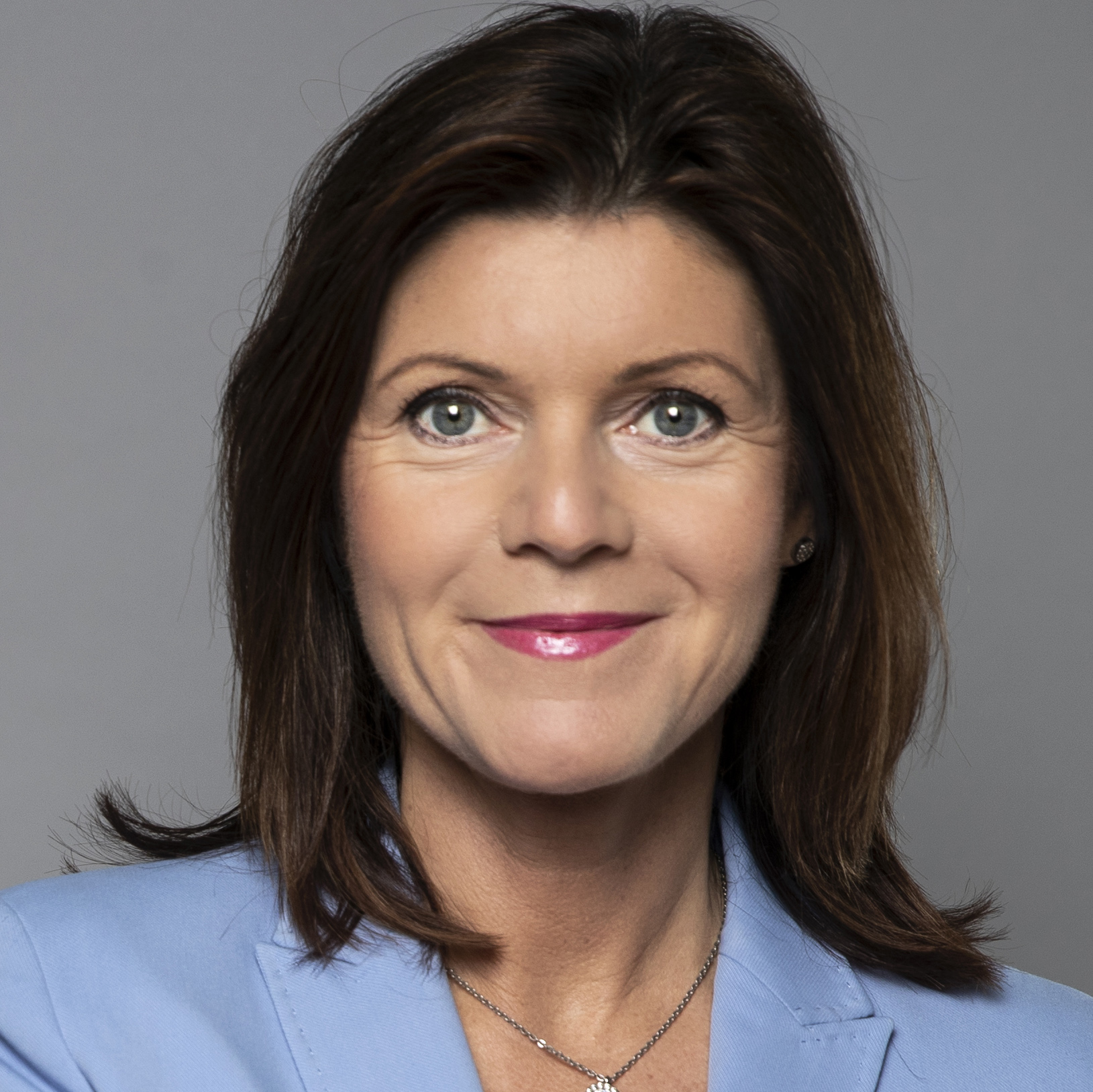
Eva Nordmark
Minister for Employment, Sweden
Photo: Kristian Pohl/Regeringskansliet
Keynote Speakers at the Track Plenary Sessions
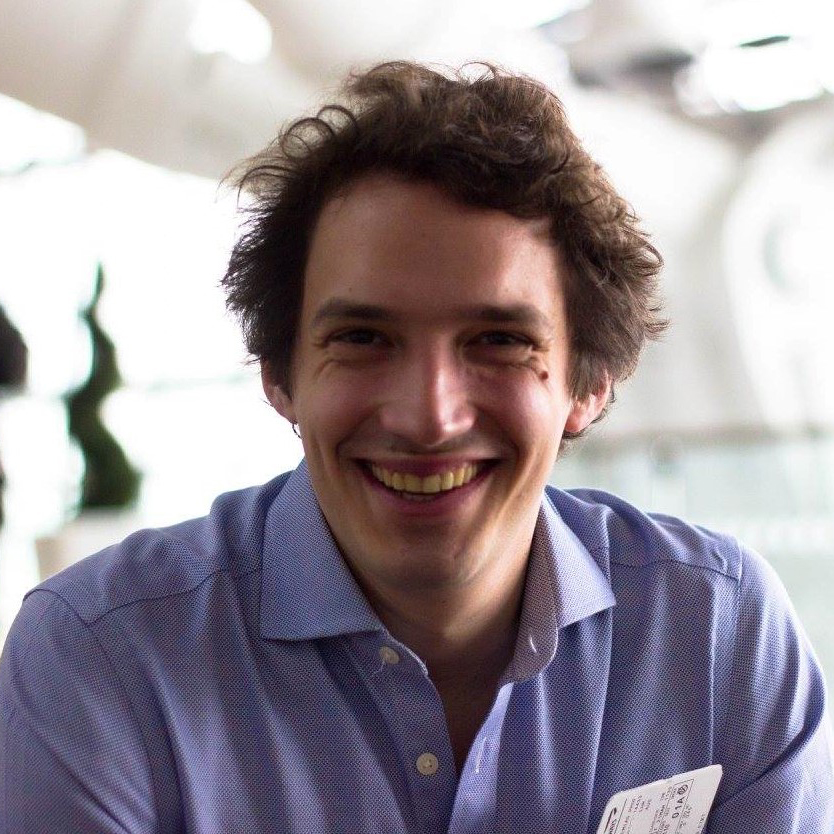
Jeremias Adams-Prassl
Professor of Law, Oxford University
Photo: Abi Adams-Prassl
Black Box Boss: Regulating Algorithms at Work
Jeremias Adams-Prassl is Professor of Law at Magdalen College, and Deputy Director of the Institute of European and Comparative Law in the University of Oxford. He studied law at Oxford, Paris, and Harvard Law School, and is particularly interested in the future of work and innovation. Jeremias is the author of numerous articles and books, including most recently Humans as a Service: the Promise and Perils of Work in the Gig Economy
(OUP) and The Charter of Fundamental Rights in the Member States (ed, with M Bobek). His work has been recognised by numerous prizes for teaching, research, and public impact, including the Modern Law Review’s Wedderburn Prize, a British Academy Rising Star Engagement Award, and the 2019 St Petersburg Prize. From April 2021, he will lead a five-year research project on Algorithms at Work, funded by the European Research Council and a 2020 Leverhulme Prize. Jeremias tweets at @JeremiasPrassl.
Track 5
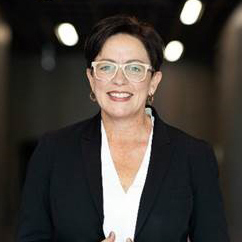
Rae Cooper
Professor of Gender, Work and Employment Relations,
The University of Sydney Business School, the University of Sydney
Photo: Daniel Linnet
Gender Equality at Work: Where Are We Now, Where to Next?
Rae Cooper is Professor of Gender, Work and Employment Relations at the University of Sydney. She is an Editor of the Journal of Industrial Relations and a member of the Executive Committee of ILERA. Rae researches women’s careers, gender equality at work and industrial relations policy and regulation. She has received grants from the Australian Research Council, from state and federal governments and has worked in collaboration with leading organisations including the Australian Human Rights Commission, the Australian Institute of Company Directors, and the Australian Council of Trade Unions. Presently she is working on projects which examine ‘the gendered future of work’, ‘women’s work in male-dominated occupations’ and ‘gender equality at work post COVID-19’. In 2019 she was made an Officer of the Order of Australia for her contributions to ‘higher education and to workplace policy and practice’.
Track 3
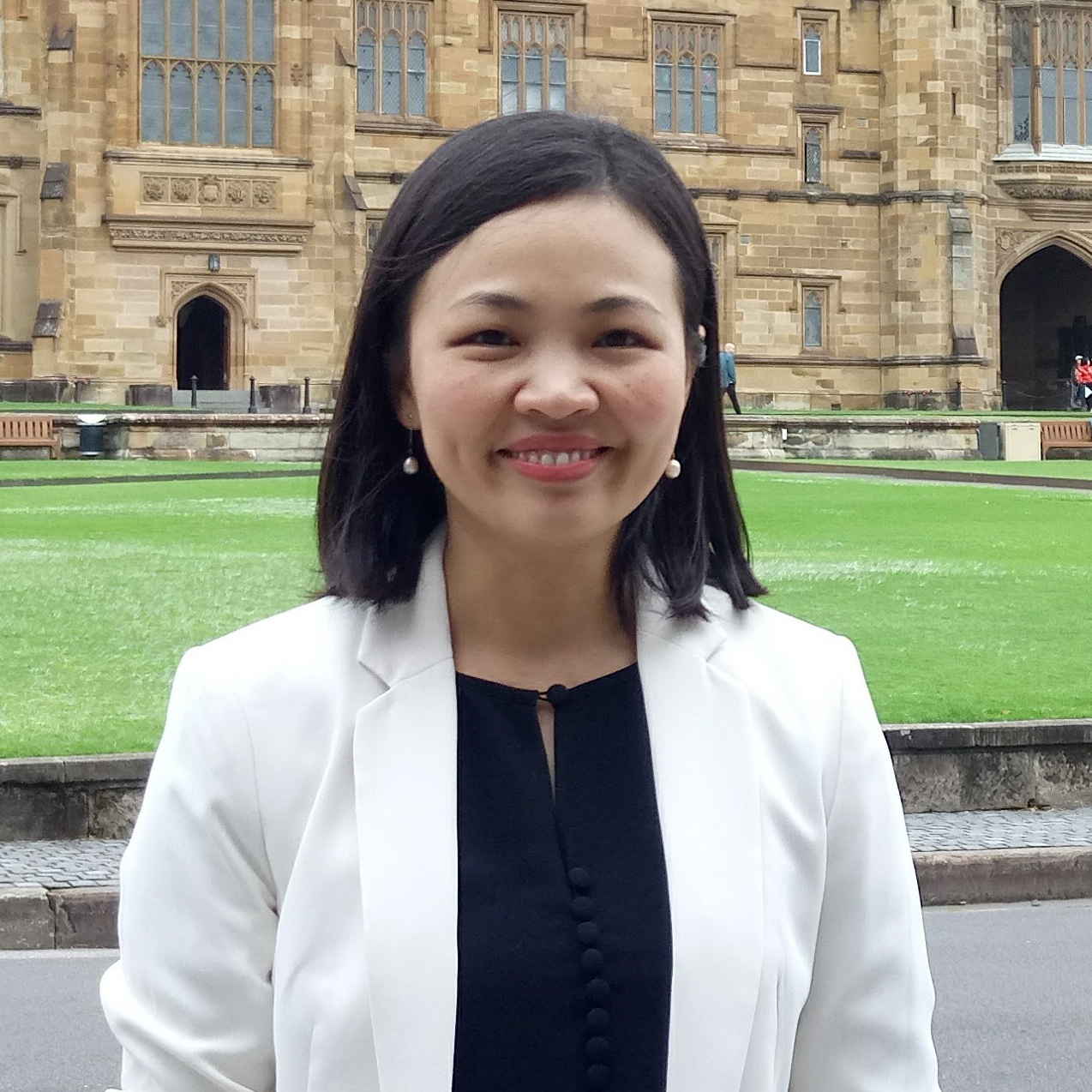
Chi Quynh Do
Director, Research Center for Employment Relations and Coordinator of Vietnam Labour Research Network
Is Flexibility the New 'Voice'? Workers Participation in the Platform Economy
Dr. Chi Quynh Do is the Director of the Research Center for Employment Relations (ERC). She received her Ph.D. in industrial relations from the University of Sydney and her MPhil in International Relations from the University of Cambridge. Chi Quynh Do has 20 years of experience doing research and consultancy in labour at national and international levels. She has published frequently in international journals. She is also the founding member and coordinator of the Vietnam Labour Research Network.
Track 5
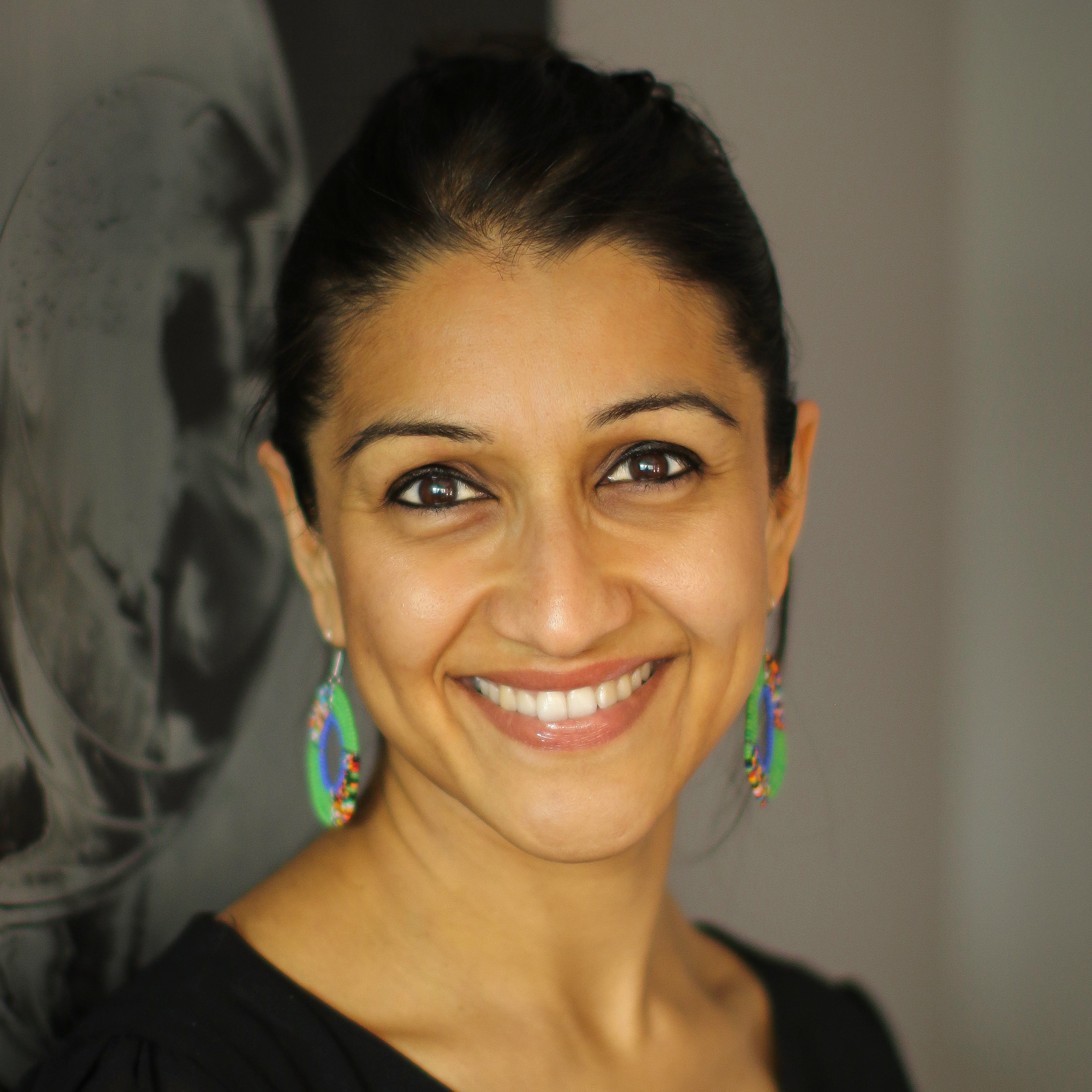
Ameeta Jaga
Associate Professor of Organisational Psychology, University of Cape Town
Photo: Bronwyn Thompson
Rethinking Work-Family Boundaries in a Time of COVID-19: Organisation, Permeability and the Global South
Ameeta Jaga (Ph.D.) is an Associate Professor of Organisational Psychology in the School of Management Studies at the University of Cape Town and a non-resident Fellow at the Hutchins Centre for African and African American Research, Harvard University. Her research focuses on the work-family interface relating to culture, race, class, and gender. Ameeta’s current research projects deal with understanding how gender equality (via breastfeeding at work) is understood in 21st century South Africa. Her works draw on southern theory to prioritise context while underlining global inequalities in knowledge production. She has published in academic journals across disciplines including Gender, Work and Organisation, and International Breastfeeding Journal.
Track 3

Harry Katz
Jack Sheinkman Professor, Director, Scheinman Institute on Conflict Resolution, President-elect, International Labor and Employment Relations Association (ILERA)
Has the Pandemic Led to Greater Convergence or Divergence in National Employment Relations Systems?
Harry C. Katz is the Jack Sheinkman Professor and Director of the Scheinman Institute on Conflict Resolution at the ILR School, Cornell University. He is President-elect of the International Labor and Employment Relations Association (ILERA) and a past president of the U.S. Labor and Employment Relations Association (LERA). Katz served as the Dean of the ILR School 2005-14 and Interim Provost, Cornell University (2014-15). He received his PhD in economics from the University of California at Berkeley in 1977. His major publications include Labor Relations in a Globalizing World(with Thomas Kochan and Alexander Colvin), ILR Press and Converging Divergences (with Owen Darbishire), ILR Press. Since 2006, Katz has been a member of the UAW Public Review Board.
Track 2
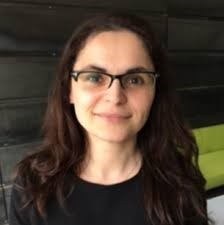
Aristea Koukiadaki
Senior Lecturer in Employment Law, School of Social Sciences, University of Manchester
Collective Bargaining at a Crossroads: Legal and Institutional Developments and Prospects for the Future
Aristea Koukiadaki is Senior Lecturer in Employment Law at the University of Manchester. Her research interests are in comparative labour law and industrial relations, empirical legal studies and EU labour law and social policy. Her current projects include a Trade Union Rights’ Expert group (ETUI)-led project on effective enforcement of EU labour law and a project on social clauses in public procurement. Her research has been funded by a number of organisations, including the European Commission, the Leverhulme Trust and the Economic and Social Research Council and she has carried out policy consultancy for the International Labour Organisation, the European Parliament and the Global Players’ Union, among others.
Track 1
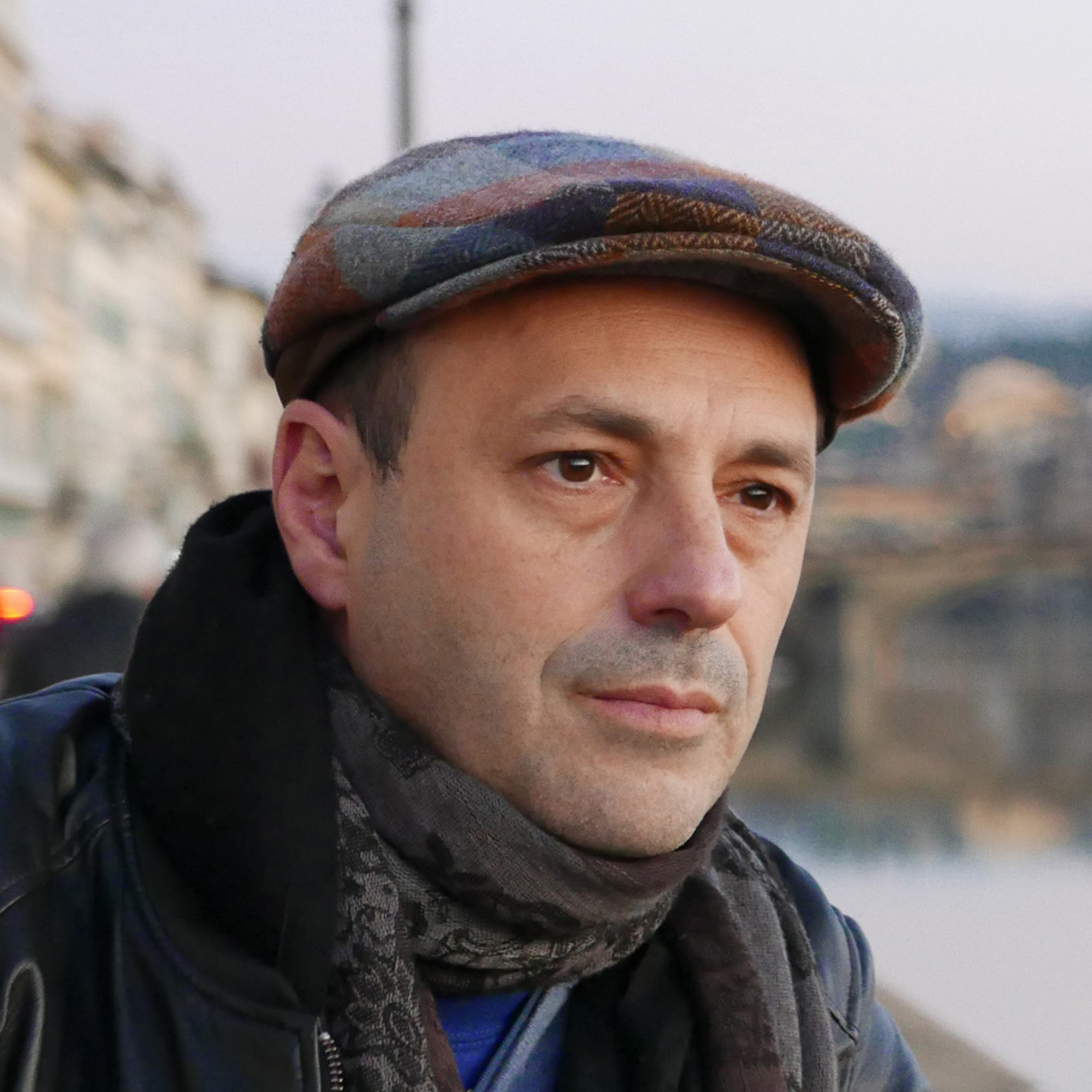
Guglielmo Meardi
Professor of Economic Sociology, Scuola Normale Superiore, Florence
Photo: Helen Lees
What is Different in This Crisis. Lessons From and For Industrial Relations Theory
Guglielmo Meardi is Professor of Economic Sociology at Scuola Normale Superiore in Florence (Italy) and is the Editor of the European Journal of Industrial Relations. He was previously Professor of Industrial Relations and Director of the Industrial Relations Research Unit at the University of Warwick. His research and writings focus on the internationalisation of industrial relations, including employment practices in multinational companies, transnational union action, migration and multi-level global and European governance.
Track 2
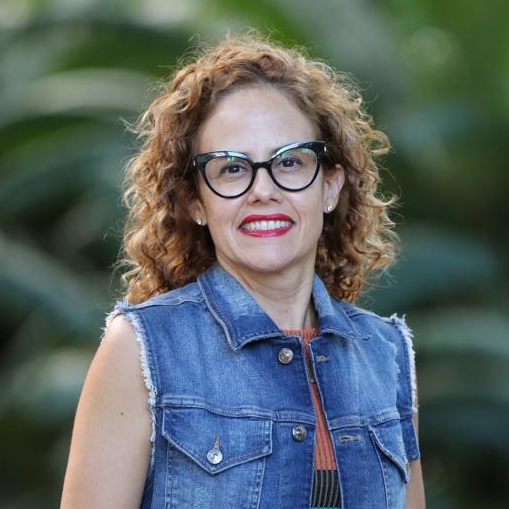
Ana Virginia Moreira Gomes
Professor, University of Fortaleza
Collective Bargaining, the Challenge of Extending Its Reach
Ana Virginia Moreira Gomes is a Labour Law Professor at the Faculty of Law of University of Fortaleza, Brazil. She is a PhD. in Labour Law at São Paulo University, Brazil, and has a Master in Law at the Faculty of Law in the University of Toronto. Her current research interests are in the area of Labour and Employment Law, International Law and Human Rights Law. Her work focuses on International Labour Law, specifically on the following subjects: fundamental rights, ILO, regulation of informal work and protection of vulnerable workers, in special domestic work. She is co-author of the book Waste pickers and homeless people: (in) visibility and citizenship on the streets of Fortaleza (Available at: http://nedts.unifor.br). She coordinates the Center for Studies in Labor Law and Social Security at the University of Fortaleza.
Track 1
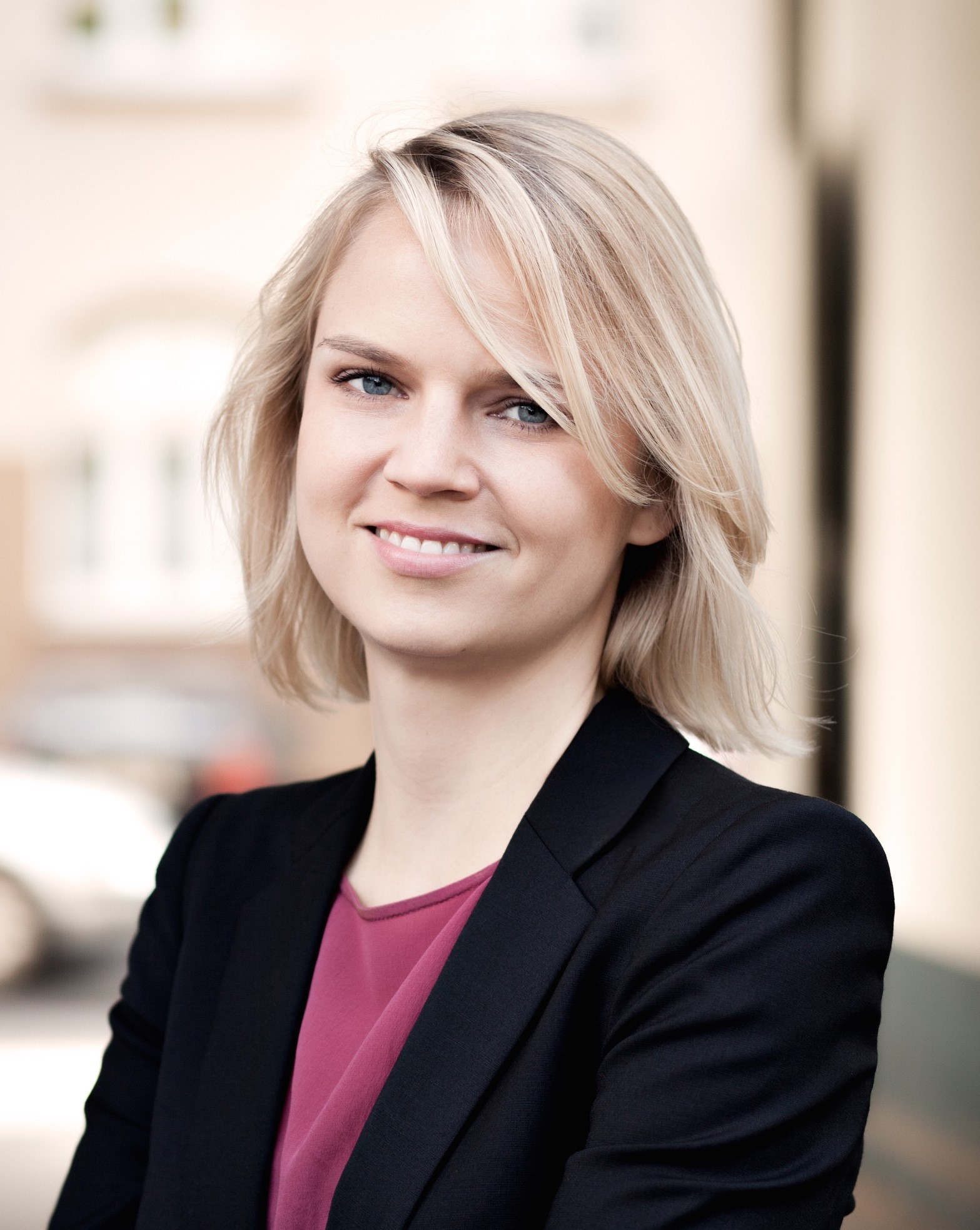
Ines Wagner
Senior Researcher, Institute for Social Research Oslo
Certified (In)Equality: Job Evaluations, Equal Pay and Gendered Valuations of Jobs and Performance
Dr. Ines Wagner is a Senior Researcher at the Institute for Social Research in Oslo. Her research interests include the topics of gender and work, labor mobility in the European Union and the future of work. She is currently leading the international and comparative research project ‘Shipping Off Labour’ funded by the Norwegian Research Council on the relationship between the EU’s product and labour market. She has held fellowships at the American Institute for Contemporary German Studies at Johns Hopkins in Washington, the Max Planck Institute for the Study of Societies in Cologne and the European University Institute in Florence. She has a double PhD in Global Economics and Management from the University of Groningen and Political Science from the University of Jyväskylä and a Master's degree in Global Politics from the London School of Economics and Political Science.
Track 4
